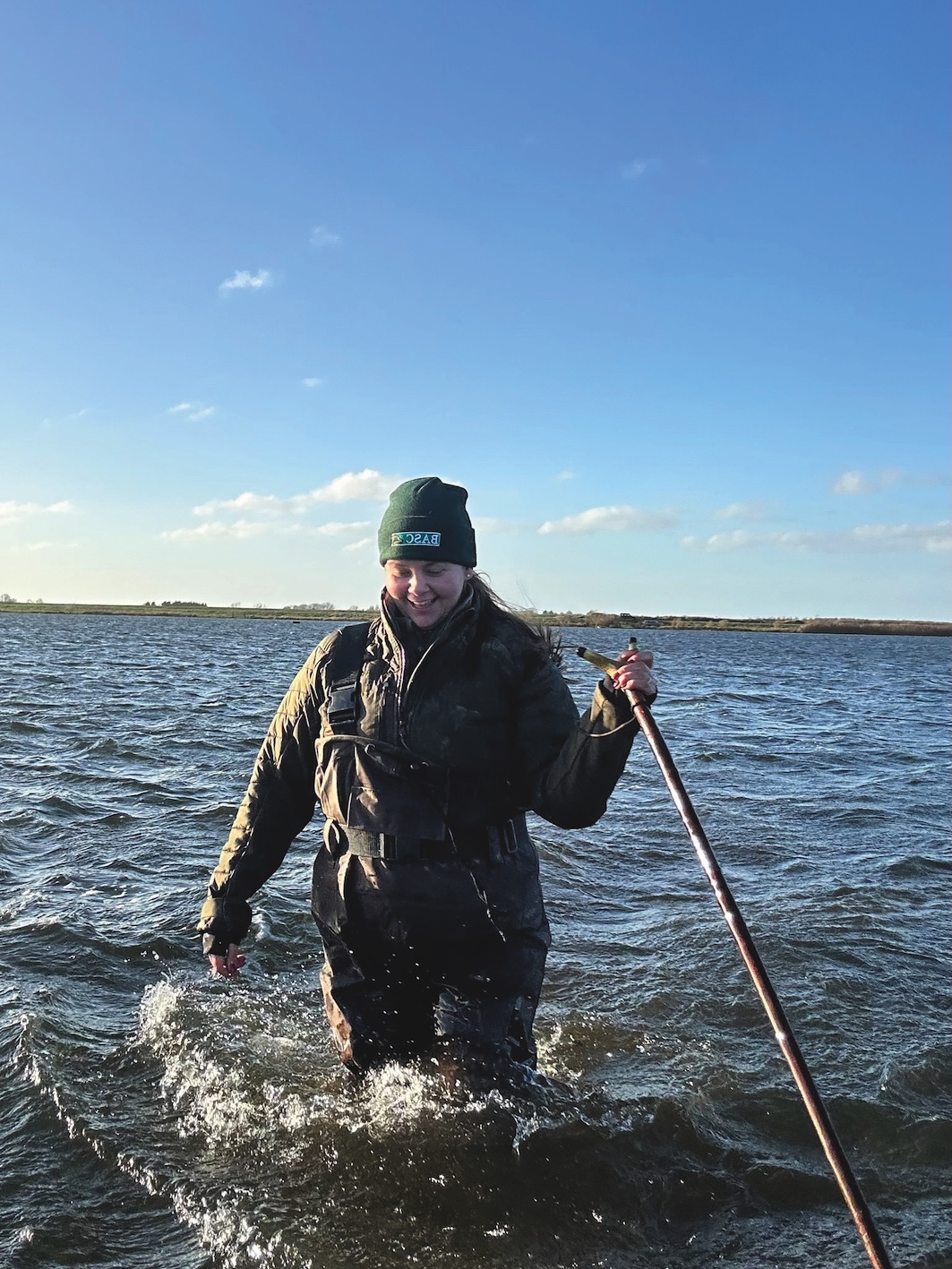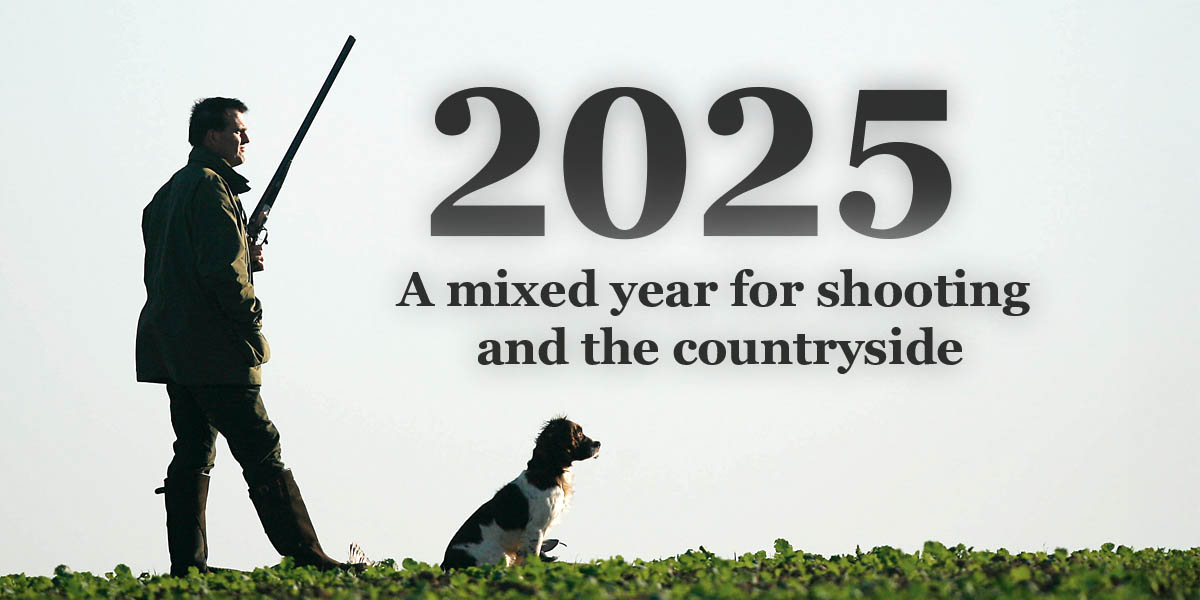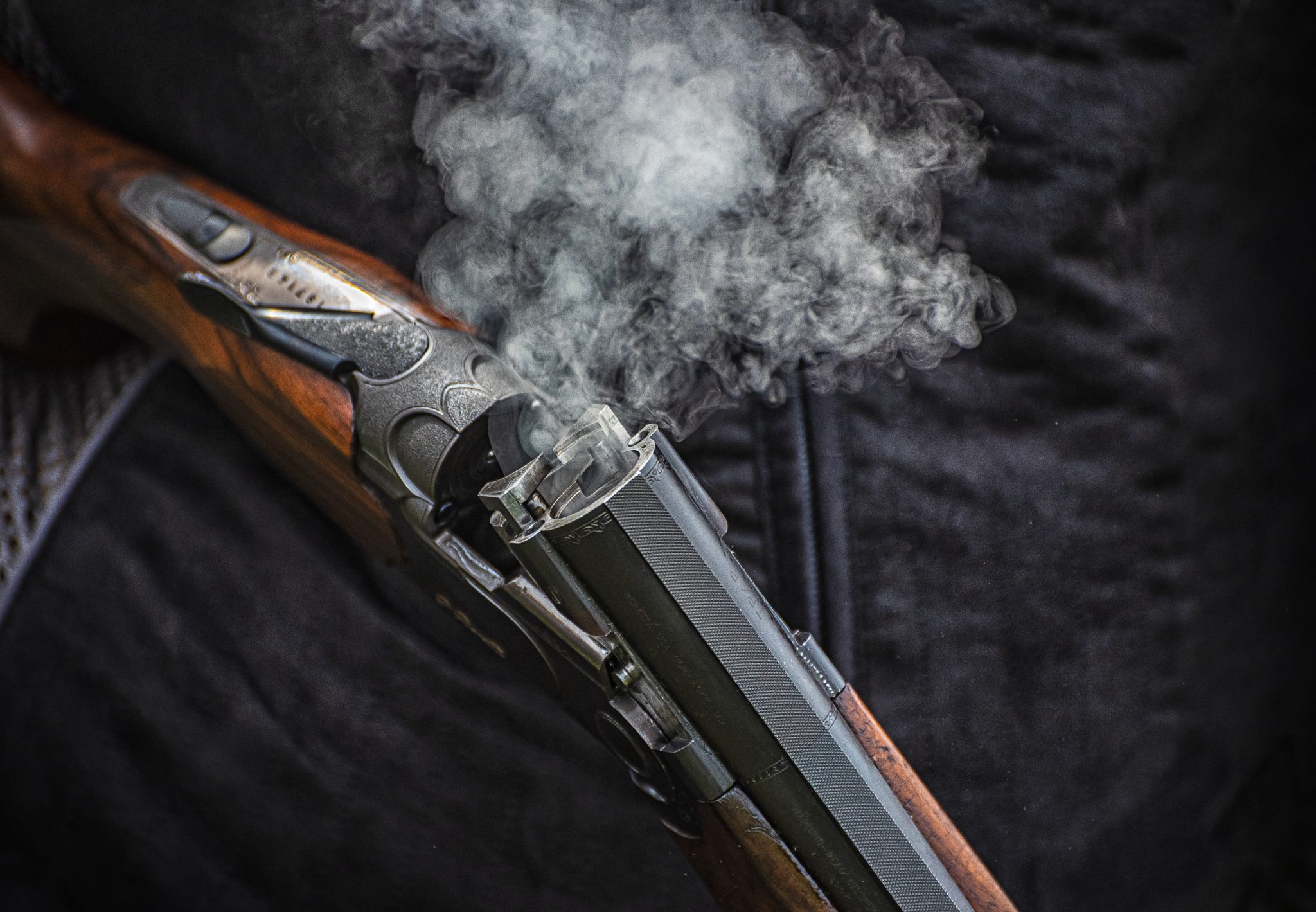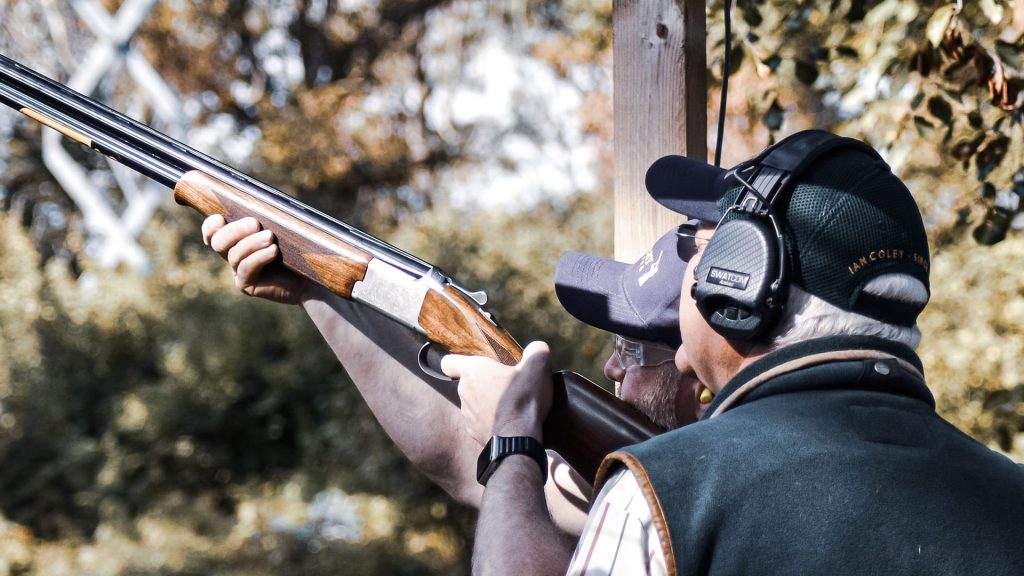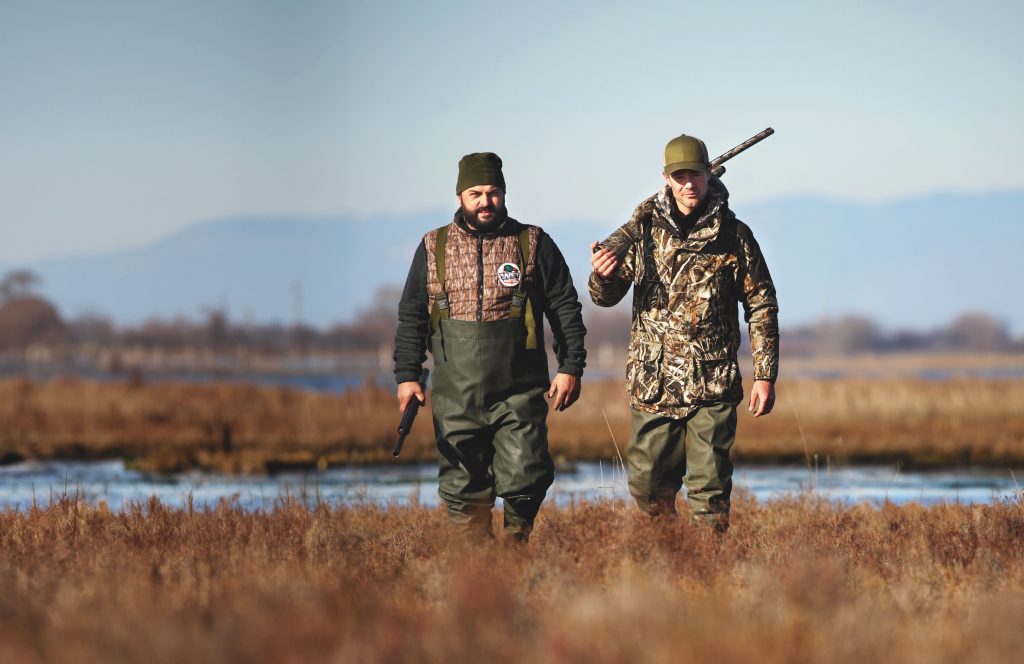Win CENS ProFlex DX5 earplugs worth £1,149 – enter here
Wildfowling – Time and tide wait for no man
<strong>Pintail recalls the day in 1937 - a bumper year for duck n the Dee - when four follhardy fowlers threw caution to the wind and learned a hard lesson</strong>
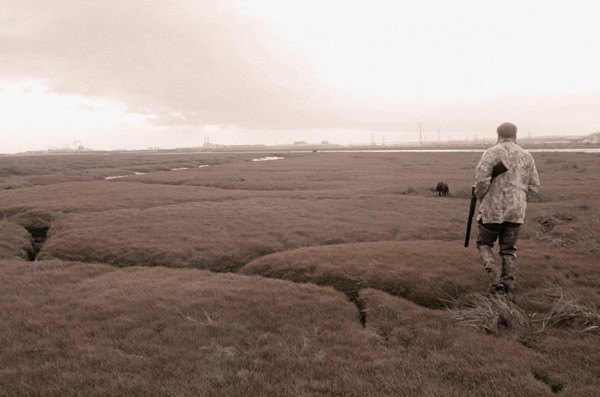
The sound of sporadic shooting carried on the wind to our school playing field. A single wigeon, high and fast, appeared over George Bridsons steam tractor yard. Eddy Oxton threw up an imaginary gun, swung through the wigeon and pulled the imaginary trigger. No-one was more surprised than Eddy when the bird faltered and commenced a long slanting dive, bouncing on to the railway embankment that bounded the field. The duck had obviously been hard hit on the tide flight. Opportunist Jimmy Johnson climbed the railway fence, retrieved the duck, expertly dislocated its neck and dashed home with it. Jimmy lived just around the corner and was back for the start of afternoon lessons.
Boys growing up where we did on the Dee were often fowling and fishing by their early teens. Unemployment was rife and the role of hunter-gatherer helped to put food on thetable. So Jimmy was already familiar with wildfowl and their humane despatch.
Humble bicycles were the usual form of transport for all but a few in the pre-war years. Both headmasters in our village cycled daily to their respective schools, for instance. Fowlers dogs tended to be small enough to be able to be transported on a wooden carrier mounted over the bikes rear wheel and retrievers ran along behind. Fred Peers had a little dog that rode on a seat attached to his crossbar.
Few homes had a telephone or a fridge and some still listened to the radio on crystal sets. Weather forecasting was little better than, Red sky in the morning, sailors warning. Computers and mobile phones were light years away, but life was very full and we were, unlike so many of todays youth, never ever bored. To us that word only indicated drilled holes.
The Dee marshes were snying with duck that October in 1937 when the wigeon flew over the school. Plenty of homebred mallard, migratory wigeon and pintail poured in daily and there were bunches of teal everywhere. Harold Gill, George Cottrell, Arnold Whiteway, the Ashbrooks and other punt-gunners were making metaphorical hay. Four shoulder gunners decided in the Harp Inn one night that they would go out the next day and flight the tide. It would be a nice little 16-footer and they would let it rise around them on the Knobs and walk back to the Harp as it ebbed. Big Dave lived at the marsh edge and he had a rangy curlycoated retriever. Little Richie did not then have a dog, and Frank and George had riverside retrievers of mixed ancestry, which rode their cycles with them.
There was a fair gale blowing from the north-west and fowl were moving along the making tide in small lots and veritable packs, dropping in to dabble as the grass covered, lifting and moving on upstream as the tide made. The men got down wherever there was a little cover, sport was exciting and the dogs were busy. Big Dave was farthest out and realised all was not well when a swirl of scummy water gurgled into the dry pothole he lay in, floating the two pintail and a mallard he had already shot. Standing up with a shock he saw that the tides edge was much nearer than it should have been. He kicked himself for not realising that the gale would likely force the tide and he dashed back to warn the others. Taking in the situation they gained the highest point from where they saw that they were going to be cut off. The tide had advanced all around them, it was already at the 17ft mark and there was still an hour to high water. They agreed they would have to wait it out, as there was no way they could get back to shore.
They prepared as best they could, kicking off their waders in case they had to swim and then standing on them to stop them floating away. Cartridge belts were slung around their necks, the duck were tied on a string anchored to their belts and they stood feet apart, braced against the wind and the waves. When the water depth was only knee deep, the waves reached their waists, and above the waist in Richies case. He pushed the barrels of his gun into the marsh and gripped it with his legs for support. Frank and George slung their dogs across their shoulders, Daves curlycoat was still standing.
Waves were splashing their backs when Dave said, Thats it lads, shes stopped coming, now all we have to do is wait! Dee tides flow three times faster than they ebb. It takes a long time for a tide to fall away. It was an hour before the grass showed and they could pull on their waders, and another two hours to get back to the Harp. Fred Jones, a wildfowler, joiner and gunsmith lived in that ships cabin of a house (now long demolished), which his wifes father, William Lawton, had built on the Colliery quay. They left their guns with Fred, who stripped the locks and actions to ensure there was no saltwater damage. Next they crossed the road to the Harp Inn for a tot of rum before cycling home.
Thats a hard lesson learned, said Big Dave, in the pub. We were lucky its only October and the water still warm. Never again will I throw caution to the wind.
Related Articles
Get the latest news delivered direct to your door
Subscribe to Shooting Times & Country
Discover the ultimate companion for field sports enthusiasts with Shooting Times & Country Magazine, the UK’s leading weekly publication that has been at the forefront of shooting culture since 1882. Subscribers gain access to expert tips, comprehensive gear reviews, seasonal advice and a vibrant community of like-minded shooters.
Save on shop price when you subscribe with weekly issues featuring in-depth articles on gundog training, exclusive member offers and access to the digital back issue library. A Shooting Times & Country subscription is more than a magazine, don’t just read about the countryside; immerse yourself in its most authoritative and engaging publication.



